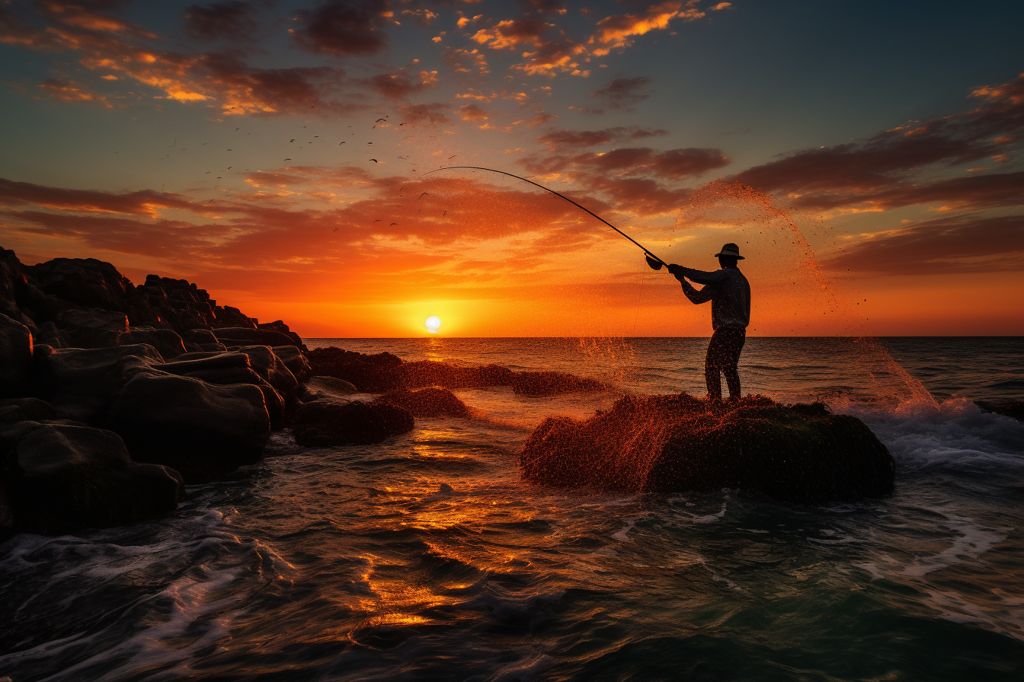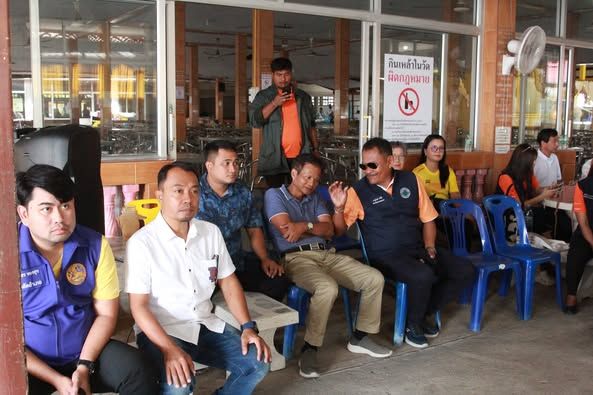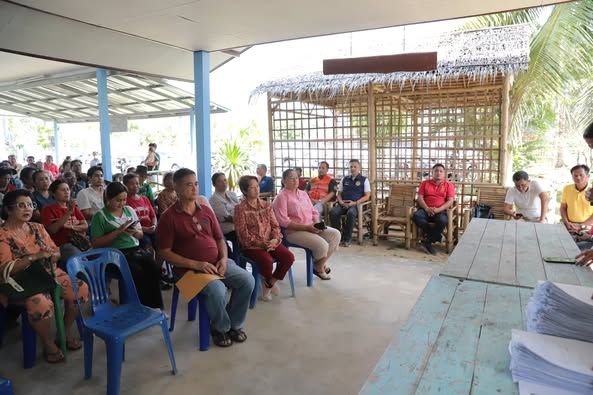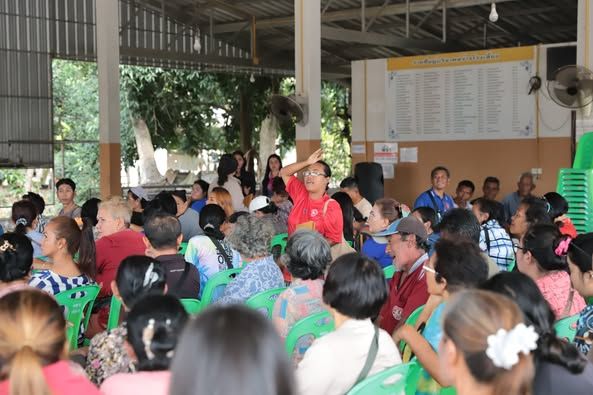Prime Minister’s Commitment
The newly-appointed Prime Minister Srettha Thavisin recently expressed his commitment to resolving issues within the fisheries industry. In a meeting with industry representatives in Samut Songkhram, he assured them that their concerns were a top priority for the Pheu Thai-led government. To address these challenges, a working committee will be established.
Key Figures and Proposed Solutions
Several key figures are expected to play a crucial role in this effort, including Palang Pracharath Party (PPRP) secretary-general Capt Thamanat Prompow, who is likely to become the agriculture minister. Capt Thamanat will lead the panel responsible for tackling the industry’s problems in a comprehensive manner.
During the meeting, the industry representatives urged the government to revise 13 pieces of legislation aimed at curbing illegal, unreported, and unregulated (IUU) fishing practices. These laws were introduced in response to a yellow card warning issued by the European Union (EU) in 2015. Industry insiders claim that the IUU restrictions and labor-related rules have forced many operators out of business.
The representatives also suggested a gradual increase in wages to prevent any abrupt effects on business operations. In response, Prime Minister Srettha emphasized the need to maintain a balance between addressing labor concerns and supporting businesses.
Economic Impact of the Yellow Card
Before receiving the yellow card warning, Thailand’s seafood exports were valued at over 350 billion baht. Although the warning was lifted in 2019, the country had to import seafood worth 150 billion baht. The Prime Minister believes that addressing issues within the fishing industry is crucial for the nation’s economic growth, alongside other sectors like tourism and travel.
Future Steps
As part of the government’s plan to tackle the fishing industry’s challenges, a one-stop service center will be set up to address issues such as migrant worker documentation. However, matters requiring international cooperation may take more time to resolve.
Upon his official appointment, Capt Thamanat will form a working committee to spearhead efforts to rehabilitate the fisheries sector. The government’s approach seeks to strike a balance between promoting responsible fishing practices and supporting the livelihoods of industry workers, while also maintaining the sector’s economic viability.




